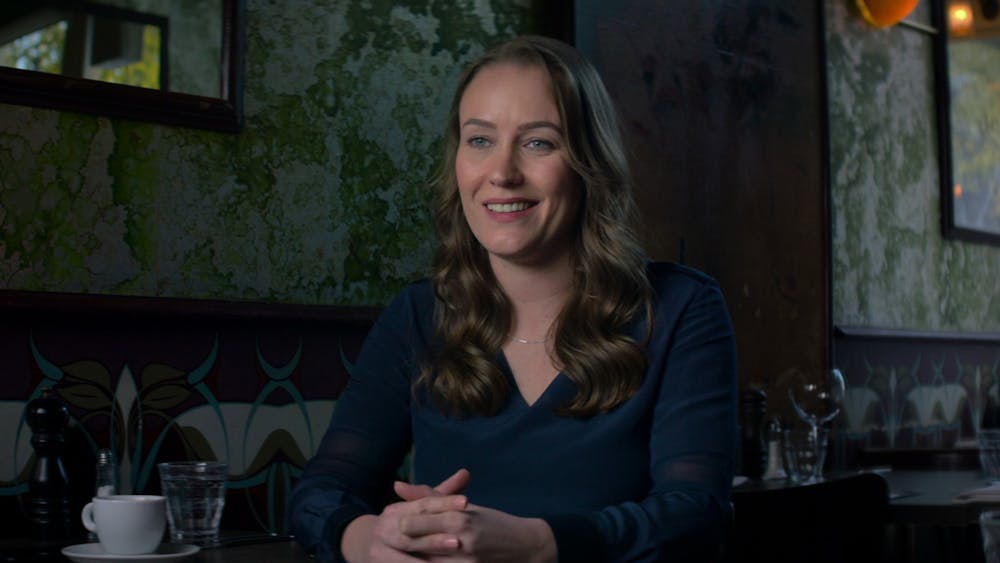If you’re like me and spent the weekend procrastinating, you had time to binge watch “The Tinder Swindler” and “Inventing Anna” — two of Netflix’s latest original content releases this month.
Though one is technically a series drama, both recount the real-life lies of individuals that swindled and scammed their way into hundreds of thousands of dollars by pretending to be rich themselves. What’s even more shocking about the fraud this documentary and series narrativize is how it maps onto society’s obsession with having status and wealth — even if it’s artificial.
“The Tinder Swindler'' documents the alleged activities of Shimon Hayut, an Israeli man who used Tinder to meet women and use them to fund his very lavish lifestyle. Hayut was convicted of fraud in Finland before he changed his name to Simon Leviev and continued his scheme as the supposed heir to his father’s diamond business.
Hayut’s plan included impressing women he met on Tinder with a luxurious first date, including a getaway on a private jet, and maintaining the relationship while also traveling for “business” and dating other women.
The true scam began when Hayut became the victim of a series of attacks and threats from a nefarious and anonymous “enemy” that, for security reasons, triggered issues with his credit cards. One of his girlfriends, worried for his safety, would open a new credit card for him in her name, even taking out loans to cover last-minute flights for him and his team.
It’s estimated he stole about $10 million from these women. He was finally caught and arrested in 2019, when one of his victims and long-term girlfriends worked with the authorities to locate him.
“Inventing Anna” outlines a similar story of deception. Created by Shonda Rhimes and her company Shondaland, as part of her multi-year $100 million deal with Netflix, the series' nine episodes are told from the perspective of journalist Vivian Kent, a character inspired by Jessica Pressler who first broke the story of the activities of Anna Delvey in New York Magazine in 2018.
Anna Delvey, born Anna Sorokin, was a young Russian woman who convinced members of the New York elite that she was a German heiress worth $60 million. In her attempt to secure funding for a members-only art club in Manhattan, Delvey charmed and befriended the upper echelons of New York’s social scene. All the while, she skipped hotel and restaurant bills, ran off in a private jet and stole money from banks.
While staying and dining at various hotels in the city, Delvey made charges to her room and cited credit card issues when it was time to pay up. Her banking scam helped cover her lifestyle and reputation as the impeccably dressed friend that always got the bill. After being left with the $62,000 bill for flights, dining, shopping and a hotel stay on a trip to Marrakesh with Delvey, a friend cooperated with law enforcement to arrest her.




